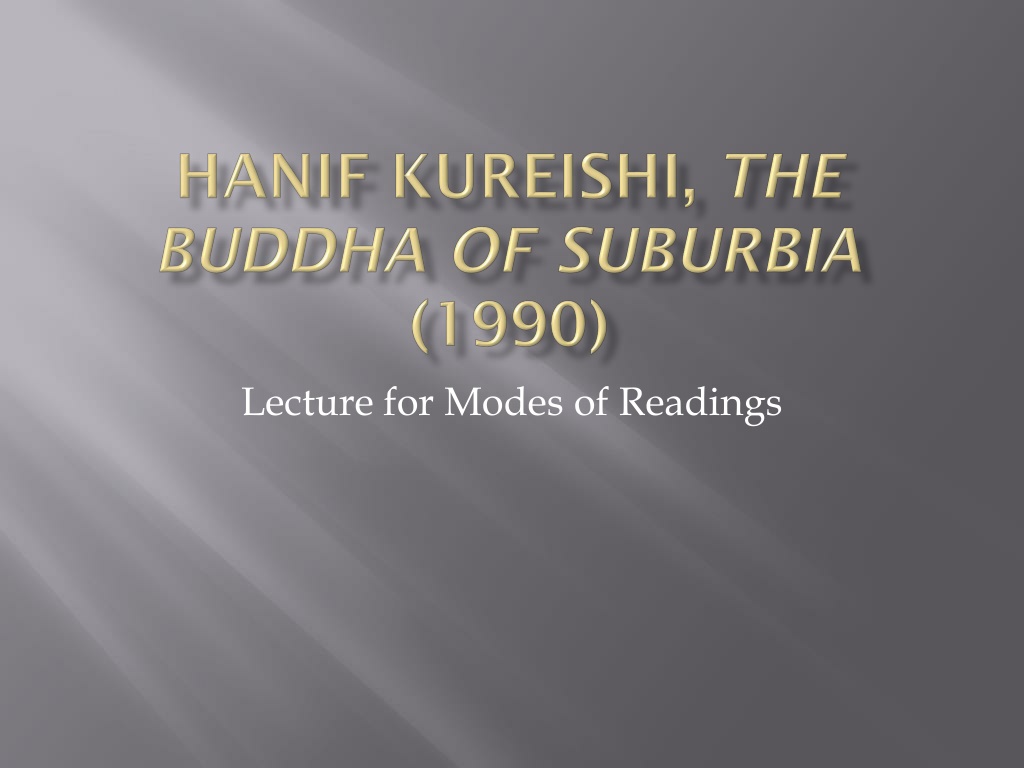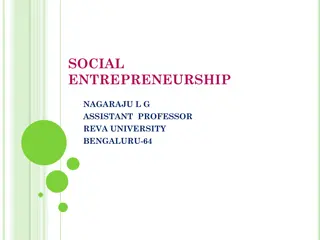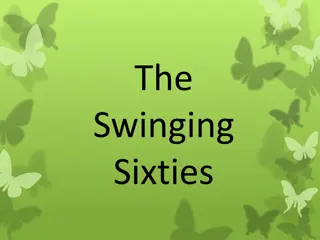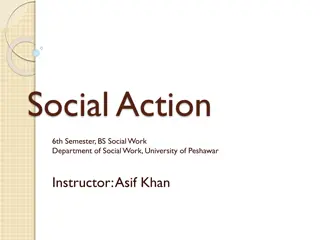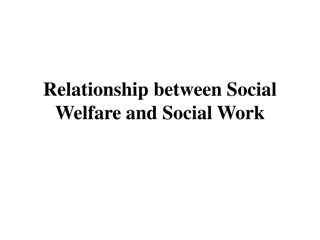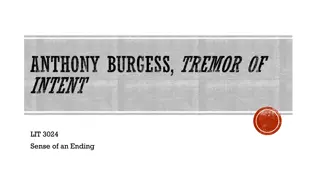Reflections on Social Changes in the Sixties
The images and excerpts presented capture the societal dynamics and turmoil of the 1960s, including thoughts on education, immigrant experiences, and political speeches reflecting on immigration and race relations. Themes of rebellion, identity, and societal shifts are explored through visual and textual content, providing a glimpse into the challenges and ideologies of the era.
Uploaded on Oct 09, 2024 | 0 Views
Download Presentation

Please find below an Image/Link to download the presentation.
The content on the website is provided AS IS for your information and personal use only. It may not be sold, licensed, or shared on other websites without obtaining consent from the author. Download presentation by click this link. If you encounter any issues during the download, it is possible that the publisher has removed the file from their server.
E N D
Presentation Transcript
The sixties have been given notice tonight. Those kids we saw have assassinated all hope .
God save the Queen/A fascist regime They made you a moron/Potential H-bomb Don t be told about what you want/Don t be told about what you need There s no future, no future/No future for you
The education system and I had split up. It would break his immigrant heart, too. But the spirit of the age among the people I knew manifested itself as general drift and idleness. We didn t want money. What for? We could get by, living off parents, friends or the State. (Chapter 7, p. 94) Yeah, sometimes we were French, Jammie and I, and other times we went black American. The thing was, we were supposed to be English, but to the English we were always wogs and nigs and Pakis and the rest of it. (Ch. 4, p. 53) (PP)
Rivers of Blood speech by Enoch Powell (Tory politician), on the eve of the Race Relations bill (April 1968): Here is the means of showing that the immigrant communities can organise to consolidate their members, to agitate and campaign against their fellow citizens, and to overawe and dominate the rest with the legal weapons which the ignorant and the ill-informed have provided. As I look ahead, I am filled with foreboding. Like the Roman, I seem to see the River Tiber foaming with much blood . That tragic and intractable phenomenon which we watch with horror on the other side of the Atlantic but which there is interwoven with the history and existence of the States itself, is coming upon us here by our own volition and our own neglect. Indeed, it has all but come. In numerical terms, it will be of American proportions long before the end of the century. Only resolute and urgent action will avert it even now. Whether there will be the public will to demand and obtain that action, I do not know. All I know is that to see, and not to speak, would be the great betrayal. http://www.youtube.com/watch?v=fDcCFzRpkjQ
Long tradition of the immigrant novel in Britain: Jean Rhys s Voyage in the Dark (1934); Sam Selvon, Lonely Londoners (1956); V.S. Naipaul, Mimic Men (1967); Timothy Mo, Sour Sweet (1985), Salman Rushdie, The Satanic Verses (1989) Followed by writers such as Andrea Levy, Monica Ali and Zadie Smith
The Immigrant is the Everyman of the twentieth century Perhaps it is the odd mixture of continents and blood, of here and there, of belonging and not, that makes me restless and easily bored. Or perhaps it was being brought up in the suburbs that did it (Ch. 1, p. 3)
So. We have class, race, fucking and farce. What more could you want as an evening s entertainment? (Ch. 12, p. 189) to be someone else successfully you must be yourself! (Ch. 15, p. 220)
We became part of England and yet proudly stood outside it. But to be truly free we had to free ourselves of bitterness and resentment, too. How was this possible when bitterness and resentment were generated afresh every day? (Ch. 15, p. 227) Eva: (the play) was about this country about how callous and bereft of grace we ve become. It blew away the self-myth of tolerant, decent England. (Ch. 15, p. 228)
But I did feel, looking at the strange creatures now the Indians that in some way these were my people, and that I d spent my life denying or avoiding that fact. I felt ashamed and incomplete at the same time, as if half of me were missing, and as if I d been colluding with my enemies, those whites who wanted Indians to be like them. Partly I blamed Dad for this (Ch. 14, p. 212)
Margaret PM of UK from 1979-1990 Neoliberalism (deregulation of the financial sector; privatisation of state owned companies; slashing the power of unions) Social unrest high unemployment; new racism and nationalism
